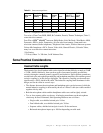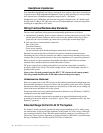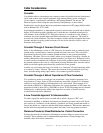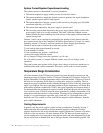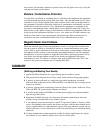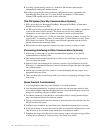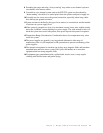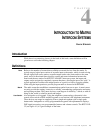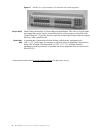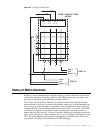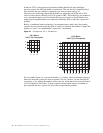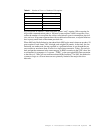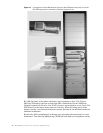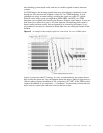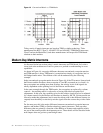
Chapter 4 - Introduction to Matrix Intercom Systems 45
C HAPTER
4
C
HAPTER
4
I
NTRODUCTION
TO
M
ATRIX
I
NTERCOM
S
YSTEMS
RALPH STRADER
Introduction
While there is an extensive glossary in the back of this book, some definitions will be
given here to aid in the following chapter.
Definitions
Ports
Refers to the number of connections available to external devices from the matrix. In
typical usage a logical port consists of an audio input to the matrix, which is used to bring
the talk signal from a user station, an audio output used to take listen audio to the same
panel, and a bi-directional data signal for control and status information between the
matrix and the user station. In the RTS™ ADAM™ intercom system, the inputs and
outputs can be assigned to completely separate functions, allowing the port to be “split.” A
typical application would use the output portion of a port for a feed to a paging speaker,
while using the input portion to provide program audio to be used with IFB feeds.
Matrix
The audio router that establishes communications paths from user to user. A matrix must
not only provide the routing, it must do so reliably, remembering configuration and status
and reporting on them. They must also have some degree of reliability – which, as with all
things in the world, is related to needs and budget.
User Station
Also referred to as a keypanel. Using the telephone system analogy, the matrix is the
central office switch or PBX and the keypanel or user station is the telephone instrument.
These devices can range in complexity from a simple microphone with a single push
button and a loudspeaker to a fully programmable keypanel with alphanumeric displays,
DSP signal processing, user programmable features and volume controls. The RTS™ KP-
32 (see figure 4.1) is a good example of the latter.



